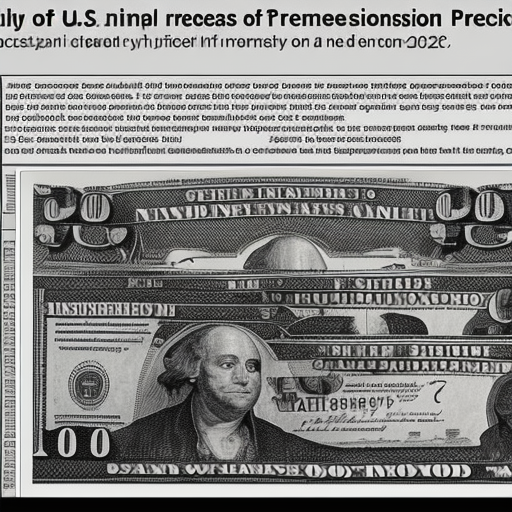
Resolution: Resolves YES if by the end of 2024, NBER determines that the US entered a recession at any point in 2023 (in other words, if they announce a business cycle peak occurred anytime in 2023). Resolves NO otherwise.
Background: The official definition of "recession" in the US is if a committee of economists - the Business Cycle Dating Committee at the National Bureau of Economic Research (NBER) - determines it is a recession, defined as "significant decline in economic activity that is spread across the economy and lasts more than a few months".
NBER determines whether recessions occurred and their dates retrospectively: "We wait until sufficient data are available to avoid the need for major revisions." So official recession determinations are typically made long after the recession actually occurred because it takes time for the data analysis. For example, the April 2020 recession was announced in July 2021. See https://www.nber.org/research/business-cycle-dating/business-cycle-dating-committee-announcements for historical data on NBER's previous determinations.
From https://en.wikipedia.org/wiki/Recession:
two consecutive quarters of decline in a country's real gross domestic product (real GDP) is commonly used as a practical definition of a recession. In the United States, a recession is defined by the National Bureau of Economic Research (NBER) as "a significant decline in economic activity spread across the market, lasting more than a few months, normally visible in real GDP, real income, employment, industrial production, and wholesale-retail sales".
🏅 Top traders
| # | Name | Total profit |
|---|---|---|
| 1 | Ṁ861 | |
| 2 | Ṁ450 | |
| 3 | Ṁ420 | |
| 4 | Ṁ393 | |
| 5 | Ṁ259 |
People are also trading
@HaydenJones Let's have the market close EoY, but I'll wait a few quarters to resolve if it seems plausible they might announce later.
@VivaLaPanda Your resolution criteria says "Resolves YES if by the end of 2023, NBER determines that the US entered a recession at any point in 2023" -> you probably want to change that first one to 2024. That was the whole reason I wrote the explanation that you copied :)
